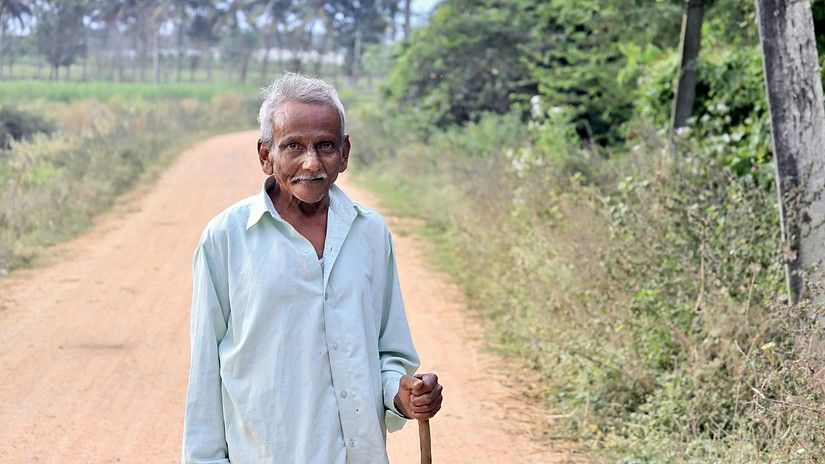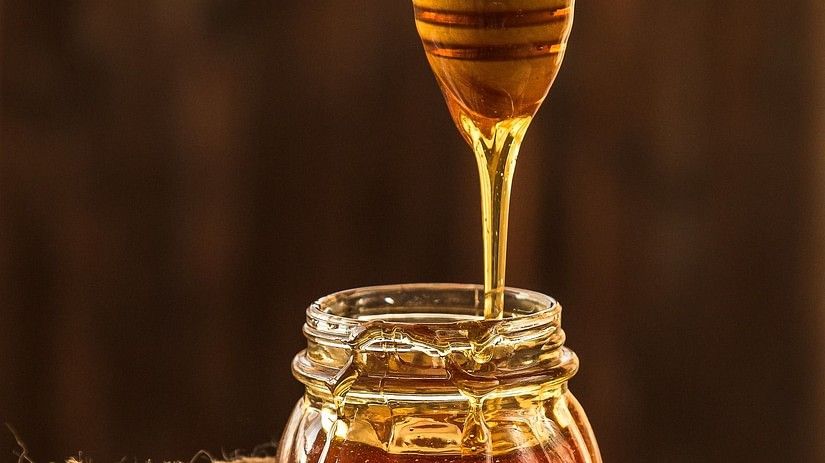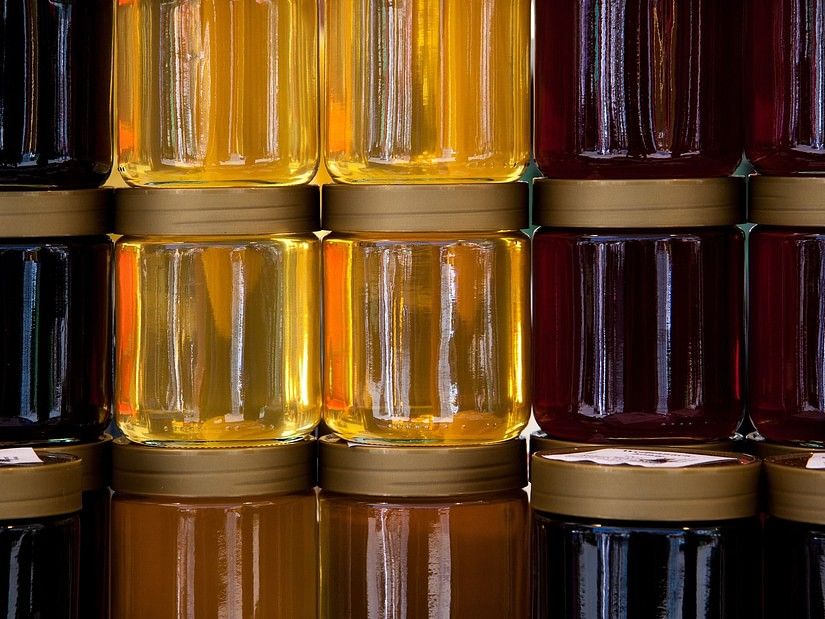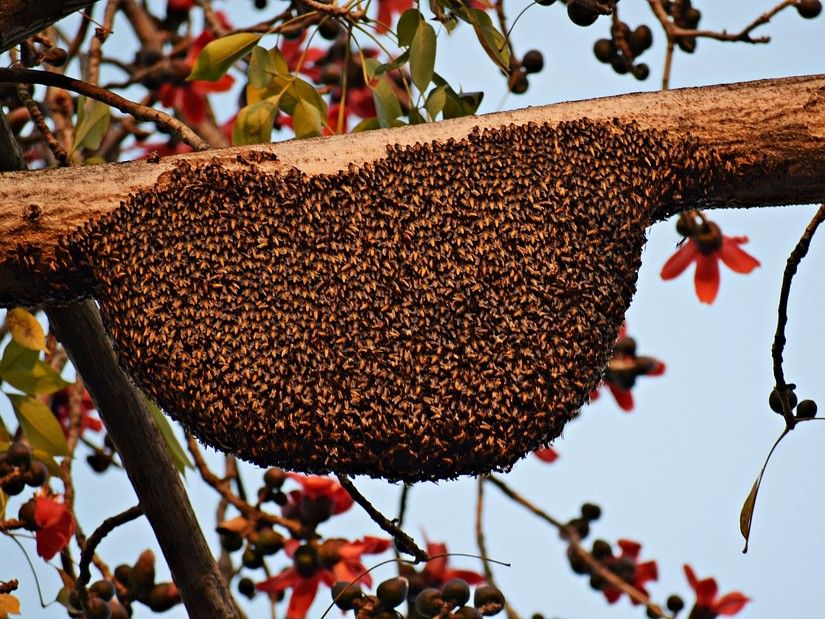- Bhogeswara: The Long-tusked Elephant
- Bheemanakolli Mahadeshwara Temple
- Kabini Riverside Resort
- Summer in Kabini
- Black Panther in Kabini
- Karnataka Tour Itinerary
- Weekend Trips from Bangalore
- Sightseeing Places in Kabini
- Mysore to Kabini
- Coorg Kabini Itinerary
- Waterfalls Near Kabini
- Kabini Boat Safari
- Resort Near Kabini River
- Tourist Places in Kabini
- Stay in Kabini Forest
- Experiencing Jungle Resorts near Mysore
- 5 Things to Do in Kabini
- Bangalore to Kabini Road Trip
- Kabini Itinerary for 3 Days
- Tiger Reserves in South India
- Kabini Travel Guide
- Best Time to Visit Kabini
- The Backwaters of Kabini
- Fauna to be Spotted in Kabini
- Romantic Getaways Near Bangalore for Valentine’s Day
- Experiencing Jungle Resorts Near Mysore
- Kabini Vs Bandipur: Which is better?
- The Jenu Kuruba Tribe of Kabini
- Exploring Kabini in Monsoon
- Karapura and the Ramayana
- Nature Walks Along River Kabini
- Jungle and River Safaris in Kabini
- The Serai Kabini
- Ecotourism in the Nilgiri Reserve
- Step into the Wonders of Nagarhole Tiger Reserve
- Boating at River Kabini
- Kabini Dam


India is home to over one billion people. The majority of these people live in rural areas that often escape the limelight. The residents of these areas, however, are the driving force behind the nation, as they grow much of the food consumed by the rest of the country. Rice, wheat, pulses, fruits and vegetables - the agricultural industry of India produces these products on a scale that is hard to comprehend. Another famous product of the rural areas of India is honey. Renowned for its longevity, medicinal values and irresistible taste, honey is a highly sought-after product throughout the world.
'Jenu' translates to honey, and the name is apt. The people of the Jenu Kuruba tribe have been collecting and distributing honey for centuries. They used to reside deep in the forests of Mysore and Kodagu in the southern Indian state of Karnataka, but rapid development and the resultant deforestation in those areas have led to the Kuruba tribe slowly being driven out of their ancestral homes.
'Jenu' translates to honey, and the name is apt. The people of the Jenu Kuruba tribe have been collecting and distributing honey for centuries. They used to reside deep in the forests of Mysore and Kodagu in the southern Indian state of Karnataka, but rapid development and the resultant deforestation in those areas have led to the Kuruba tribe slowly being driven out of their ancestral homes.
Amongst all the Kabini tribes, the Jenu Kuruba are famous for their centuries-old tradition of collecting honey. The members of the tribe have specialised rituals that they partake in before and during the honey collection process. They sing songs to express sympathy for having driven the bees out of their home, carry purpose-built smoking torches to minimise stinging, and collect the honey in handwoven baskets. Men in their mid-20s usually do the actual climbing, while elders help with preparing the baskets, crafting torches, and harvesting and storing the honey. The honey is equally divided among the community, and the wax is used in various things around the house.


Recently, the traditional practice of honey collecting has been dwindling among members of the Jenu Kuruba tribe, who prefer less risky and strenuous jobs, like working on nearby coffee plantations where they are guaranteed a fixed income. Honey collection has also declined due to deforestation in the area, which means fewer new honeycombs are to be harvested. The locals depend heavily on the forest to collect the honey, but trees are continually being razed in the name of development, which means the Jenu Kuruba have to move on to other methods of earning a living. The arduous work, the risk involved in the procedure and the lack of resources have resulted in members of the tribe slowly moving away from their traditional customs in favour of more modern livelihoods. The community members who remain do it due to a lack of other resources, and surveys indicate that they would give up the practice in favour of better and easier jobs. The songs the elders used to sing are not sung anymore, the younger generation shows little to no interest in honey collecting, and ancient knowledge of the therapeutic and medicinal value of honey is beginning to get lost in time.
Stay in Mysore and witness the Jenu Kuruba doing what they are most famous for - collecting precious honey that feeds thousands across the country. The practice is slowly dying out, so come explore the forests of Karnataka and observe the centuries-old tradition while you still have the chance. Check out the luxurious rooms and splendid facilities at The Serai Kabini while you're here. We offer a range of experiences that will leave you with plenty of stories and memories. On special occasions, enjoy local dances and other folk performances during your stay with us.